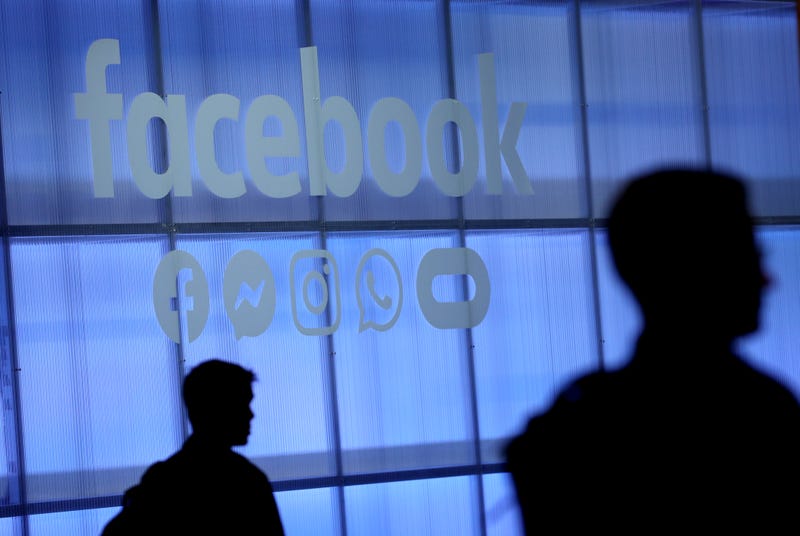
For more than a decade, thousands of Facebook engineers accessed users’ personal and private data, including information only available to the website, according to an excerpt from a newly released book. Facebook fired only some of the engineers.
In An Ugly Truth: Inside Facebook’s Battle for Domination, authors Sheera Frankel and Cecilia King detail how the social media giant struggled to protect users from its own employees.
Listen to your favorite News/Talk station now on Audacy.
Facebook’s internal system allowed engineers to comb through troves of private discussions over Facebook Messenger, pictures whether uploaded or deleted, and the posts a person has liked, commented, or clicked.
Facebook leadership had warned employees they’d be fired for abusing or milking the system for their pleasure, but there was no safeguard to prevent it from happening, the book claims. Mark Zuckerberg’s platform was “designed to be open, transparent, and accessible to all employees,” Telegraph said.
From early 2014 through mid-2015, Facebook fired at least 52 of its employees for abusing the system to access a user’s data. Most were male engineers who looked up the women’s profiles.
While on vacation, after arguing with the woman he was traveling with, one engineer allegedly used Facebook to follow her to the new hotel she had booked. Another engineer who looked up a woman before they had ever met realized she had a favorite park and stalked her. Only when engineers did their snooping from work laptops did it trigger an alert for supervisors.
After hiring a new chief security office in 2015, the executive warned Facebook that although it had fired employees for system abuse, the website hadn’t done anything to prevent the problem in the future.
“At various times in Facebook’s history there were paths we could have taken … which would have limited … the user data we were collecting,” one longtime employee told the Telegraph. “But that was antithetical to Mark’s DNA … we knew it wasn’t a path he would choose.”


